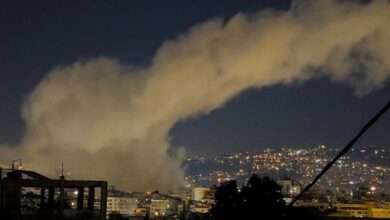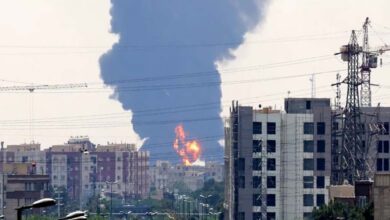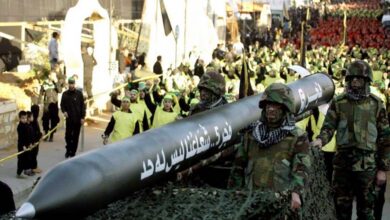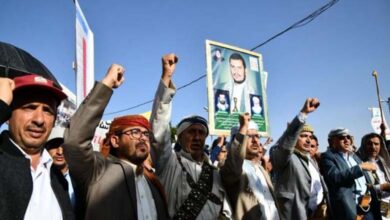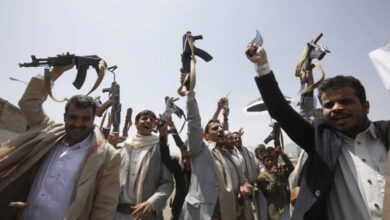Hezbollah attempts to influence Shia religious institutions in Lebanon… Details

Lebanese Hezbollah is attempting to impose its dominance over religious institutions affiliated with the Shia community and to sideline any religious figure who opposes it or takes a divergent stance on any issue, whether domestic or international, even if they are close to the Shia Amal Movement.
A decision issued by the General Directorate of Religious Communication in the Supreme Shia Islamic Council last Wednesday considered 15 Shia religious figures unqualified to provide guidance and direction. They were warned to relinquish their religious attire, and the decision is meant to be enforced by the Ja’fari Sharia courts, according to the local “Nidaa Al-Watan” website.
The Islamic Shia Supreme Council tried to contain the crisis that affected some clerics who hold differing political positions compared to the stances of both Hezbollah and the Amal Movement. The prominent among them is Sheikh Yasser Awdah.
In a statement, the Supreme Shia Islamic Council indicated that “the statement issued by the Directorate of Religious Communication does not represent the Supreme Shia Islamic Council, and its President, Sheikh Ali Al-Khatib, the Deputy Head of the Council, has not been informed of it, regardless of its content. It should be considered as if it was not issued, and it must be reminded not to publish any statement on behalf of the Shia Council unless it is exclusively authorized by the Presidency of the Supreme Shia Islamic Council.”
There were reports that Lebanese Parliament Speaker Nabih Berri was dissatisfied with the decision of the Directorate of Religious Communication, as stated by Sheikh Yasser Awdah in a television statement on the “Al-Jadeed” channel.
Awdah said, “Speaker Nabih Berri is dissatisfied with the decision issued against me and contacted the Supreme Shia Islamic Council to rectify their actions.”
Although the decision was withdrawn, the controversy around it did not subside. This is due to the fact that the list included some clerics who have divergent political and ideological views. They are known for their openness and have a large following on social media, including Awdah, whose videos garner half a million views.
During his television appearance on “Al-Jadeed” channel the day before yesterday, Awdah removed his turban on live TV and addressed the leaders of the Shia community, saying, “You bear a great responsibility because the administration of the community is now in your hands, and because the mentioned community has been humiliated.”
Awdah added that his situation, as someone who holds differing religious stances from them, “is not unique within the Shia community in terms of religion, and I am not prepared to lose my hereafter for the sake of (a bigger head).” He further stated, “All that’s in this story is that I criticize in politics, and there are many within the Shia community who don’t like me, and I don’t seek that.”
The list issued by the Directorate of Religious Communication included several clerics: Yasser Awdah, Samer Abdul Hussein Ghanawi, Bilal Ibrahim Salim, Muhammad Youssef Hajj Hasan, Nizar Muhammad Hamza, Ibrahim Hassan Harez, Abdul Karim Sheikh Ali, Youssef Hassan Kanj, Ahmed Abbas Idi, Abbas Hamoud Makh (Abu Al-Hasan Al-Murtada), Muhammad Ali Al-Fawani, Hashem Ali Al-Moussawi, Mahmoud Abdullah Faqih, Abdul Salam Nyazi Dandash, and Nazir Jamal Al-Jishi.



